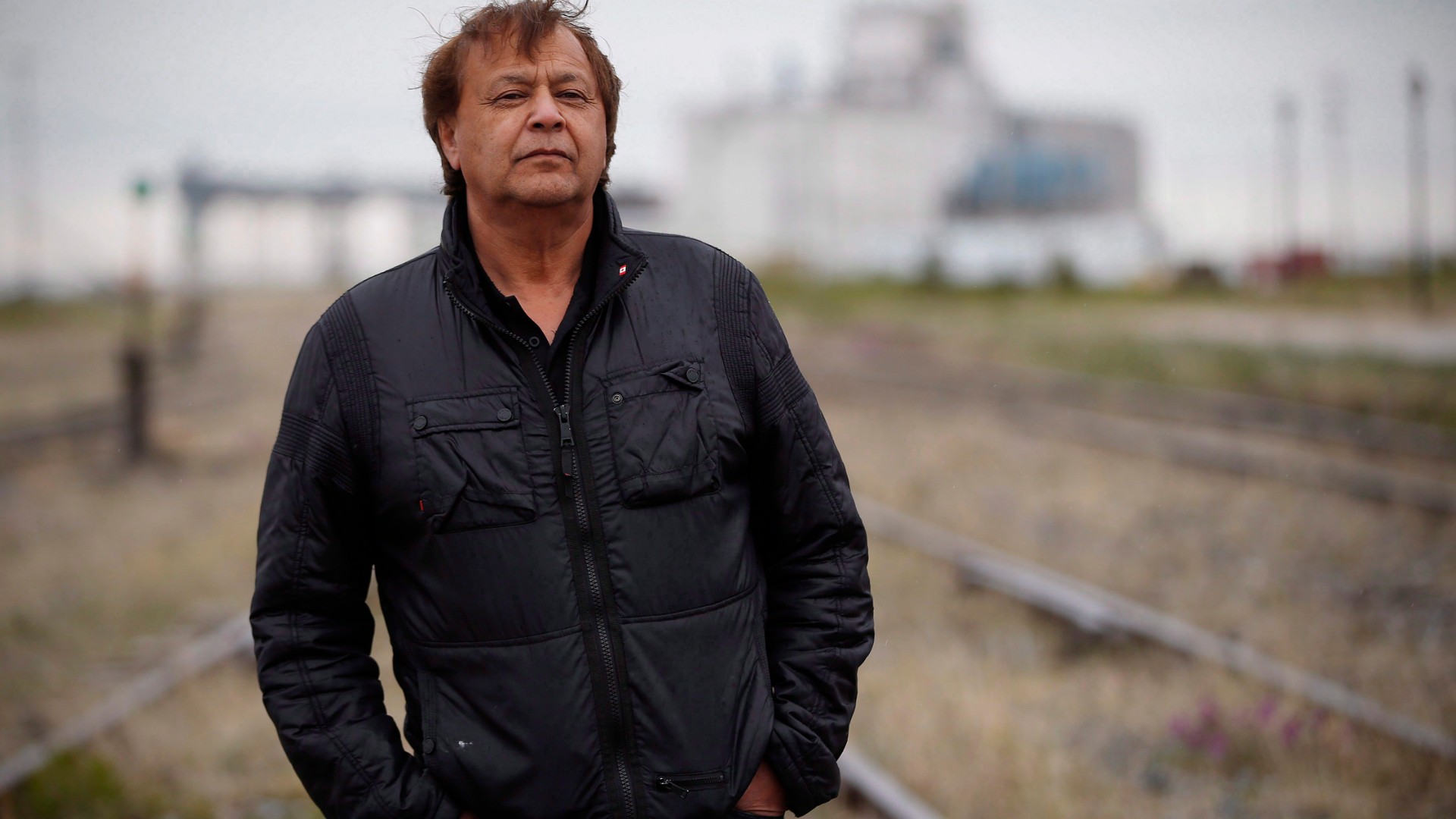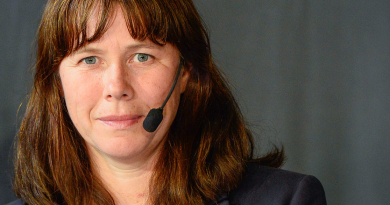$1-million for Indigenous men’s mental health in Manitoba, Canada

The Movember organization will contribute $1-million to an Indigenous mental health addictions program in northern Manitoba, saying such programs are much needed in Canada’s sub-Arctic.
“Oftentimes, people who require addictions and mental health support in the Churchill community and surrounding regions are sent to Winnipeg or Ottawa, far from the support of their own family and the broader community,” Sonia Prevost-Derbecker, Director of Global Indigenous Programs for Movember, said in a news release, speaking of cities in southern Canada.
“Sadly, many people arrive in these locations as strangers with limited local connections and emotional support. It is clearly time for a different model – one that is led for and by Indigenous people and operates in the North.”
The money will go to the new Churchill Wellness Centre, which is expected to open this fall, and will be distributed over three years.
Focus on Indigenous culture
The programming will be geared to men, with an emphasis on land-based activities and traditional skills.
“The centre will strive to apply an Indigenous lens to re-establish a connection to the land’s culture and to the historic identity of participants,” Movember said. “Social connectivity has shown to play a pivotal role in positive mental health outcomes in men and continues to be the basis of many Movember programs, Indigenous-focused and beyond.”

Movember says the programming will be facilitated through the Subarctic Friendship Circle and The Knowledge Keepers, a local community group made up of First Nations and Inuit.
“These groups will work to ensure the Centre’s programs are inclusive and representative of the many Indigenous nations that call Churchill home,” the organization said.
Addressing health disparities among Indigenous men
Churchill Mayor, Mike Spence said in a news release that allowing people to access treatment close to home is an important step.
“The development of this centre offers our community the opportunity to provide mental health support to Indigenous people where they live in a way that is respectful of their heritage and their culture while, at the same time, allowing them to remain closer to their natural support networks.”

Movember said the focus on men is a result of a community consultation that health disparities among Indigenous men in and around Churchill were troubling.
“It was identified that young men across the region seem to experience that disparity even more strongly than other members of the community,” Movember said. “Young men in Manitoba’s North are more at risk of adverse impacts insufficient access to health services, healthy food, or mental health services or to experience poverty and unemployment.”
Write to Eilís Quinn at eilis.quinn(at)cbc.ca
Related stories from around the North:
Canada: Mental health in Arctic Canada – Can community programs make the difference?, Eye on the Arctic
Finland: Psychologists in Finland sign climate petition, citing concerns for youth mental health, Yle News
United States: Alaska capital budget vetoes to hit homelessness, addiction treatment, Alaska Public Media



